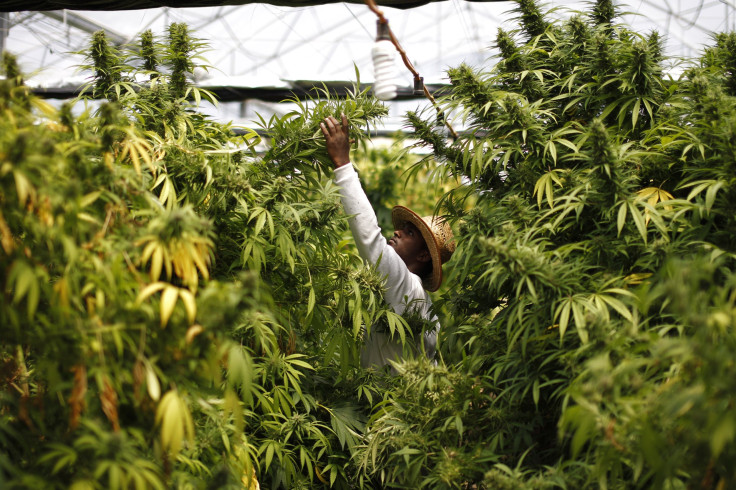Marijuana Legalization 2016 Ohio: Pot Amendment For Ballot Advocated For By Cannabis Policy Group

A policy group that helped advocate for the legalization of marijuana in Washington, D.C., has looked to bring its support to an Ohio amendment that would legalize medical cannabis in the state, the Columbus Business Journal reported Tuesday. While the group, the Marijuana Policy Project, did not get involved in the state's November vote concerning medical and recreational legalization, it may face a challenge from presidential hopeful and anti-pot Republican Gov. John Kasich.
“The initiative that was on the ballot last year really energized a lot of people and sparked a lot of public dialogue that has gotten people interested in taking action,” said Mason Tvert, communications director for the Marijuana Policy Project, according to the Columbus Business Journal.
The amendment, slated for popular vote in Ohio in November, would be modeled after similar medical marijuana laws in other states, including which conditions would be covered and which would not. Tvert said he expected a draft of the amendment to be ready by next week.
Kasich has spoken out against legalization of marijuana in his time in office as well as on the campaign trail. "The problem with marijuana is this: We don't want to tell our kids, 'Don't do drugs, but by the way, this drug's OK,'" the GOP hopeful told Stephen Colbert in an interview in November 2015.
The November 2015 bill, which would have legalized both medical and recreational pot, was defeated 64 to 33 percent despite a $20 million campaign. The legislation was blocked in part because it would have limited growing privileges to 10 selected sites. The investors in those sites had spent $4 million apiece in the campaign run-up and to obtain growing privileges, causing critics to claim the law would make the cannabis business a monopoly.
The failed amendment differed from the new one in that it legalized both recreational and medical marijuana. “It’s a leap to go from no legal marijuana to full legal marijuana. And it’s not the leap that folks have made,” political scientist David Niven at the University of Cincinnati told Cincinnatti.com shortly after the vote last year.
© Copyright IBTimes 2025. All rights reserved.






















